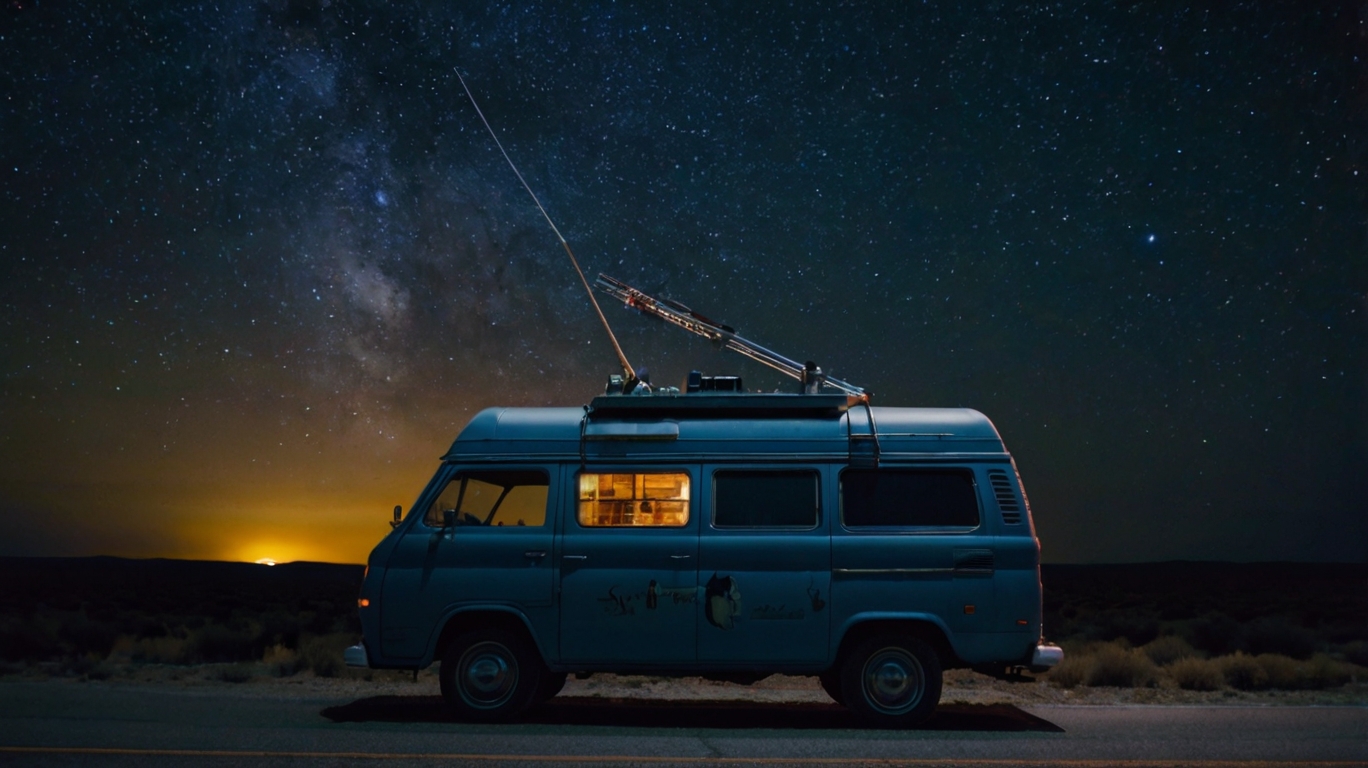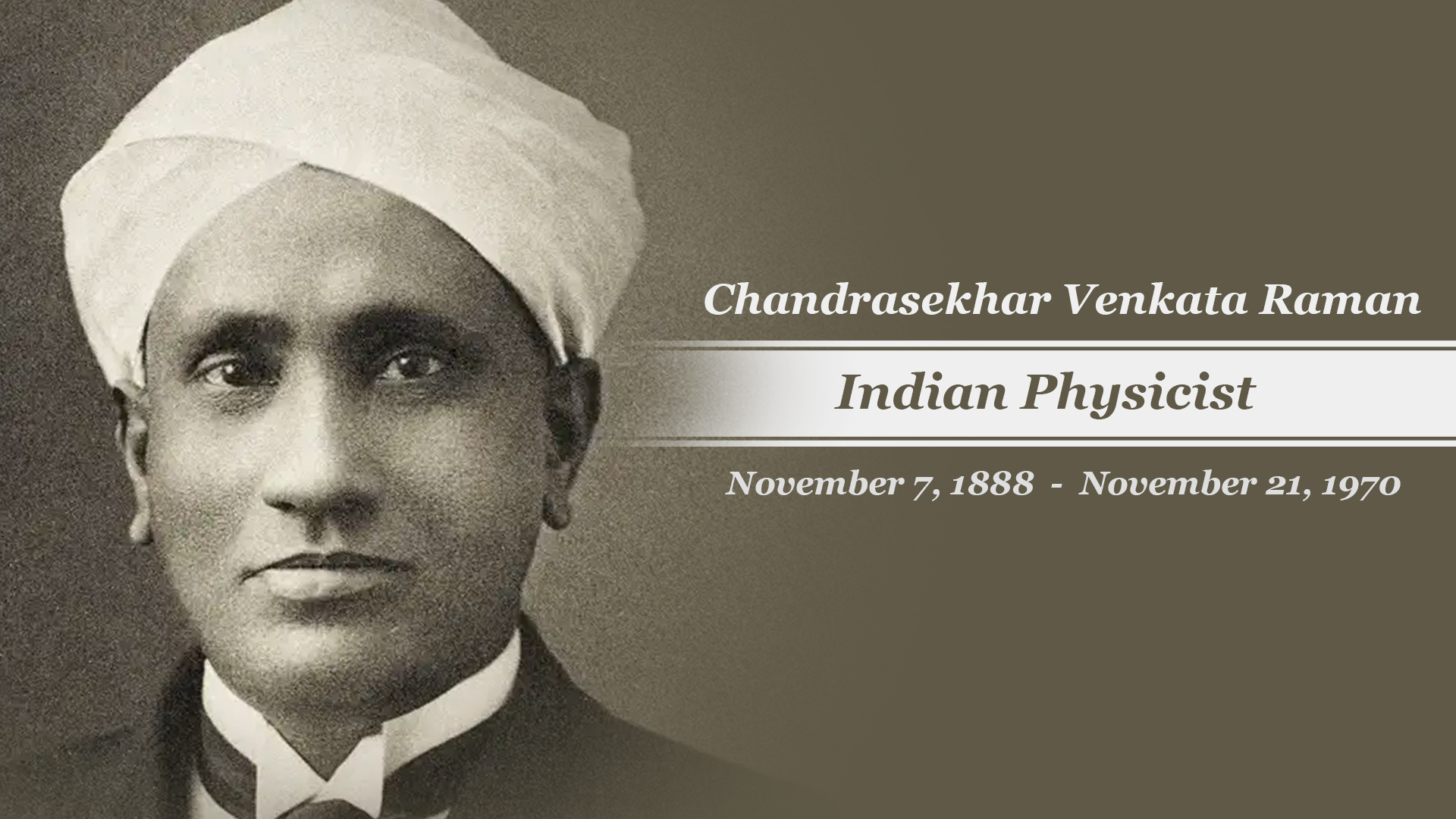Imagine you’re driving down the interstate, windows down, but suddenly, instead of changing FM stations, your car radio is picking up signals from Jupiter’s magnetic storms, pulsars spinning like disco balls, and even the faint whisper of the Big Bang. Welcome to the strange world of the Cosmic Car Radio – a fictional (but science-backed!) gadget that lets you jam to the wildest beats in the universe. Strap yourself in, because we’re about to take a joyride through the stars, no rockets required!

What Is a Cosmic Car Radio?
Let’s start simple: A Cosmic Car Radio is not your typical dashboard gadget. Listening to the best songs while driving is a lot of fun, but instead of playing music, this radio signal tunes in with natural radio waves travelling through space. Stars, planets, black holes, and even galaxies emit these signals, like a celestial mixtape playing on loop. Scientists use giant telescopes to “listen” to space, but what if we shrunk that technology down to something you could install inside your car? That’s the intriguing idea behind the Cosmic Car Radio, a device that turns the universe into your personal music playlist.
How Does It Work? (No PhD Required!)
Space is silent. Objects in the universe emit energy at different frequencies, some of which fall into the radio wave part of the spectrum. For example:
- Jupiter crackles with radio bursts caused by its volcanic moon, Io, interacting with its magnetic field.
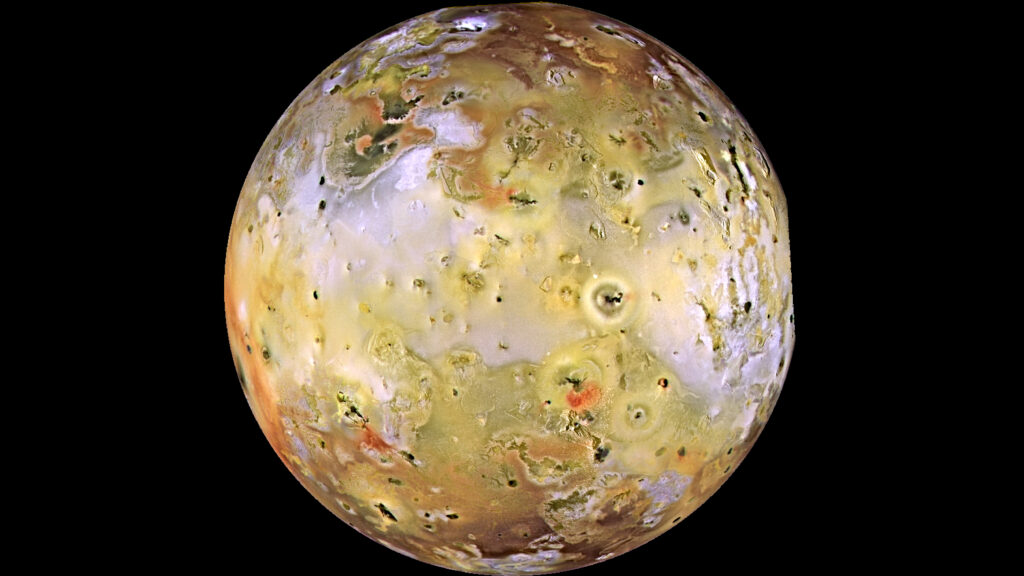
- Pulsars (super-dense, spinning neutron stars) send out rhythmic pulses, like a cosmic metronome.
- The Milky Way itself hums with a low-frequency background “noise” from gas and dust.
A space car radio would work like a regular radio, but with a few tweaks. Instead of an antenna to pick up local stations, it would use a receiver tuned to frequencies between 10 MHz and 1 GHz—the sweet spot for space signals. Add some signal-processing magic to filter out earthly interference and that’s it you’re streaming live from the universe.
The Static That Started It All
It all started in 1964 when two scientists, Arno Penzias and Robert Wilson, were working at Bell Telephone Laboratories in New Jersey. They were using a giant antenna (which looked like a satellite dish) to study radio signals. But no matter what they did, they could hear a strange and constant hissing sound.
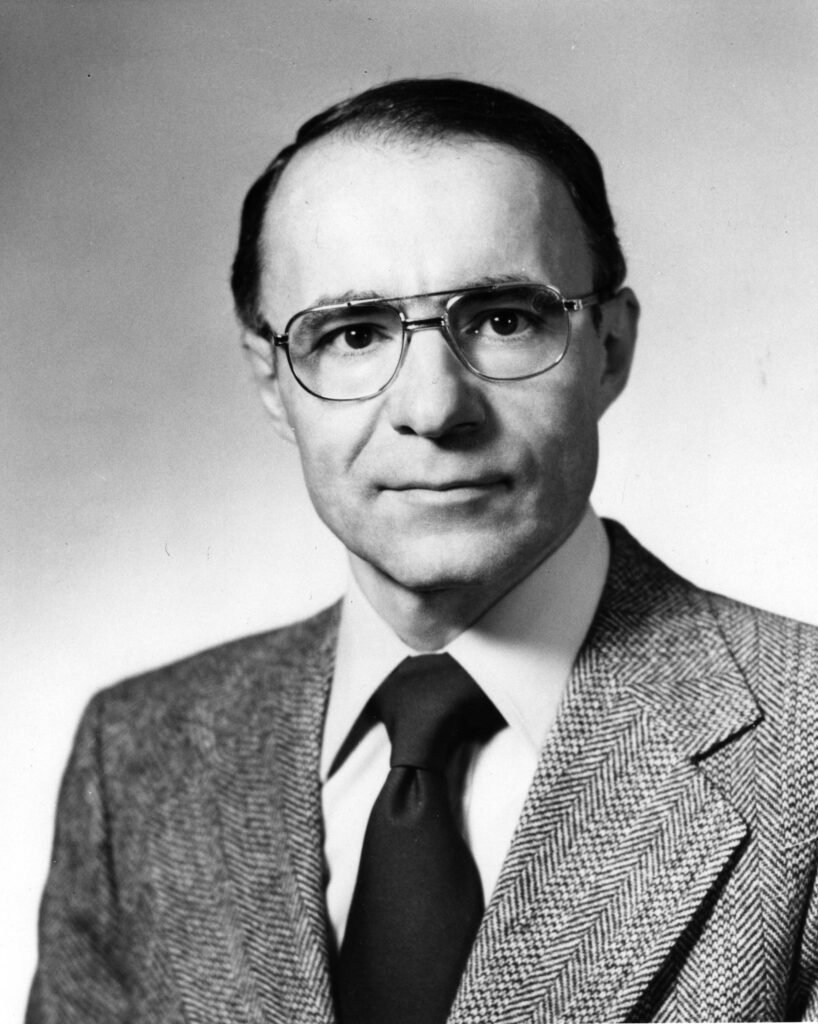

They cleaned the antenna. They chased away the pigeons that lived inside the antenna. Then they tested every piece of equipment. Still, the hissing sound remained.
It turns out they accidentally discovered something huge – CMB ( The cosmic microwave background radiation). This radiation is a faint echo of the Big Bang at the very beginning of our universe. That annoying stillness? It was actually the sound of the early universe, still echoing through space after 13.8 billion years.
So the next time you hear stillness on your car radio, think about it – you might be listening to the remnants of creation.
What Is Cosmic Microwave Background Radiation?
Imagine you’re in your car. You turn on the radio and it goes off-frequency. What’s that buzzing sound? Why is it making that kind of noise? It’s a mixture of random signals—some electricity, some distant radio stations, some electronics, and, yes, a little bit of space. About 1% of this static signal comes from the cosmic microwave background. That 1% connects you directly to the Big Bang.
Your car radio isn’t a high-tech telescope, but it still acts like a tiny cosmic antenna—enough to give you a taste of the universe’s past.
Space Is a Noisy Place
It’s not just the CMB. The universe is full of strange and wonderful sounds. Scientists have collected radio signals from pulsars (rotating dead stars), quasars (ultra-bright galactic centers), and even mysterious fast radio bursts (FRBs).
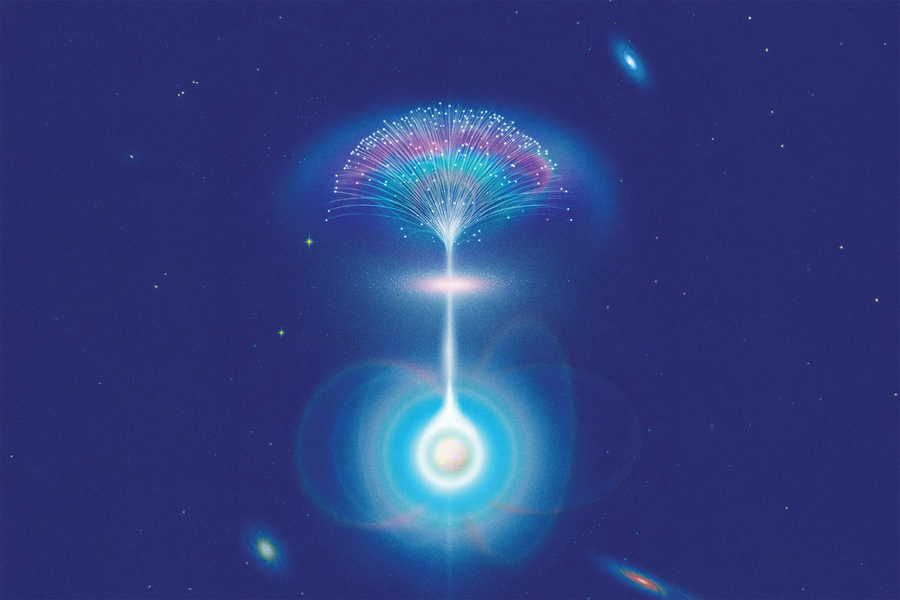
FRBs are one of the universe’s biggest mysteries. They are short bursts of radio waves from distant galaxies, lasting milliseconds. Some of them repeat, some don’t. Scientists still haven’t figured out what causes them. Aliens? Probably not. Maybe yes. Who knows?
In 2020, one of these fast radio bursts was detected from our own galaxy – the Milky Way. This was a big deal because it helped scientists understand that magnetars (highly magnetized neutron stars) could be responsible.
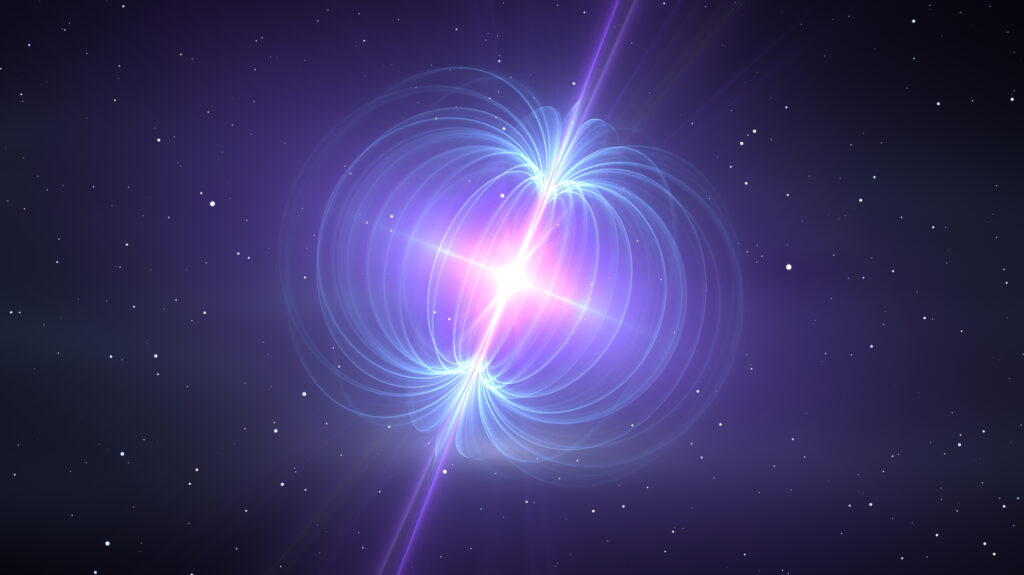
The Wow! Signal: Did ET Phone Earth?
Get ready, because this time it’s going to get even more interesting.
In 1977, an American astronomer named Jerry Ehman was working at the Big Ear radio telescope at Ohio State University. One night, he picked up an extremely powerful but very small radio signal coming from space. It was so unusual that he circled it on a computer printout and wrote “Wow!”.


Wow! The signal lasted only 72 seconds and was never detected again. What was it? Some kind of natural cosmic phenomenon or a satellite? Or maybe, an alien broadcast?
It’s been almost 50 years, but this mystery remains a mystery today.
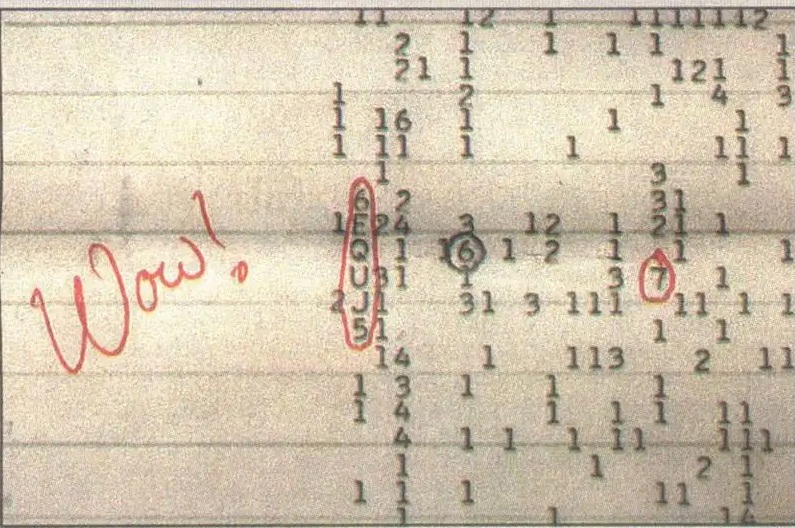
Tuning In to the Universe at Home
You don’t have to be a scientist or owner of a space observatory to explore the sounds of the universe. Here’s how your curiosity grow and into action:
- Try a Radio on an Empty Frequency: Use old-fashioned AM/FM radio, not internet radio. The static you hear when you tune between stations is a signal from space, even if it’s just a tiny bit.
- Listen to NASA’s Sounds of Space: NASA has converted real space data into audio. You can hear the sounds of black holes, solar flares, and even the Earth’s magnetic field. Search and explore “NASA Space Sounds.”
- Build Your Own Antenna: Hobbyists and students have built simple radio receivers to detect radio waves from space. It’s easier than you might think and very satisfying.
The Universe Is Talking. Are You Listening?
So the next time you’re stuck in a traffic jam or driving down a quiet highway at night, try this: Pull over to the side of the road, turn the radio to a quiet spot. Close your eyes, and just listen.
You may hear silence. But behind that faint sound is a whisper that has been traveling for billions of years, crossing galaxies, dancing past stars, and landing softly on your antenna.
That’s not just static. This is history. This is the universe saying, “Hello.”
So that’s all for today. Best wishes to all of you from Sci-fi Note. Stay well, keep the environment healthy, and maintain your love for science. Thank you.







